A theodicy is an attempt to justify or defend the Omni-God (an all-powerful, all-loving, all-knowing god), given the fact of evil in the world.
The evil in the world is of two kinds: human-caused evil, and natural evil.
These refer, respectively, to the sometimes atrocious and abhorrent suffering that people cause to other people or non-human animals, and the pain and suffering that sentient beings experience as a result of natural phenomena (e.g. natural disasters or the predation entailed by natural selection).
Theologians and philosophers of religion have offered various defences of the evil that exists. Briefly, two main theodicies, which refer to the two kinds of evil mentioned, are:
- Human-caused evil is vindicated by the fact that it allows for the existence of free will and morality, which are goods that outweigh the resulting harm.
- Natural evil similarly permits expressions of morality – they give people the opportunity to respond virtuously to suffering, with compassion, kindness, love, altruism, and courage – which would be absent if natural evil did not exist.
I am not personally convinced of these justifications.
Firstly, I do not believe a genuinely all-loving God would consider it moral to knowingly put people and other sentient beings through horrendous life experiences to allow others to respond in a morally upright way. Secondly, it is an assumption that these moral responses outweigh severe harm in the world. This is not to say that there is no value in overcoming adversity, but to say that atrocities and tragedies are compensated – an assumption involving weighting – does not seem self-evident to me. The philosopher Alvin Plantinga, who himself is a theist, critiqued theodicies in the following way:
[W]e cannot see why our world, with all its ills, would be better than others we think we can imagine, or what, in any detail, is God’s reason for permitting a given specific and appalling evil. Not only can we not see this, we can’t think of any very good possibilities. And here I must say that most attempts to explain why God permits evil – theodicies, as we may call them – strike me as tepid, shallow and ultimately frivolous.
Indeed, theodicies often come across to me as a form of mental gymnastics and post-hoc rationalisation. They can sometimes feel like an attempt to explain away rather than explain, thus minimising the severity and amount of harm that exists in the world. Theodicies often run up against our moral intuitions and can appear to be a way of avoiding the more justified view that the world was naturally, rather than supernaturally, created.
I would like to extend this discussion on theodicies in the philosophy of religion to the topic of psychedelic-related harm. I believe there exists a phenomenon we can call psychedelic theodicy: the attempt to defend psychedelics in the face of the harm they can cause to certain users. This does not mean adverse effects and extended difficulties related to psychedelic use cannot entail benefits – or potential benefits yet to be realised – for some users. And such benefits may be significant and considered worth it by the user. However, I do think that psychedelic theodicies can sometimes serve to dismiss, minimise, or trivialise the difficulties some people experience related to psychedelic use.
For ideological reasons – the wish to paint all outcomes of psychedelic use as ultimately for the best – may even veer into gaslighting: a refusal to accept and appreciate a user’s direct, first-hand experience of their distress.
In this piece, I would like to describe some of the most common psychedelic theodicies and offer some responses to them.
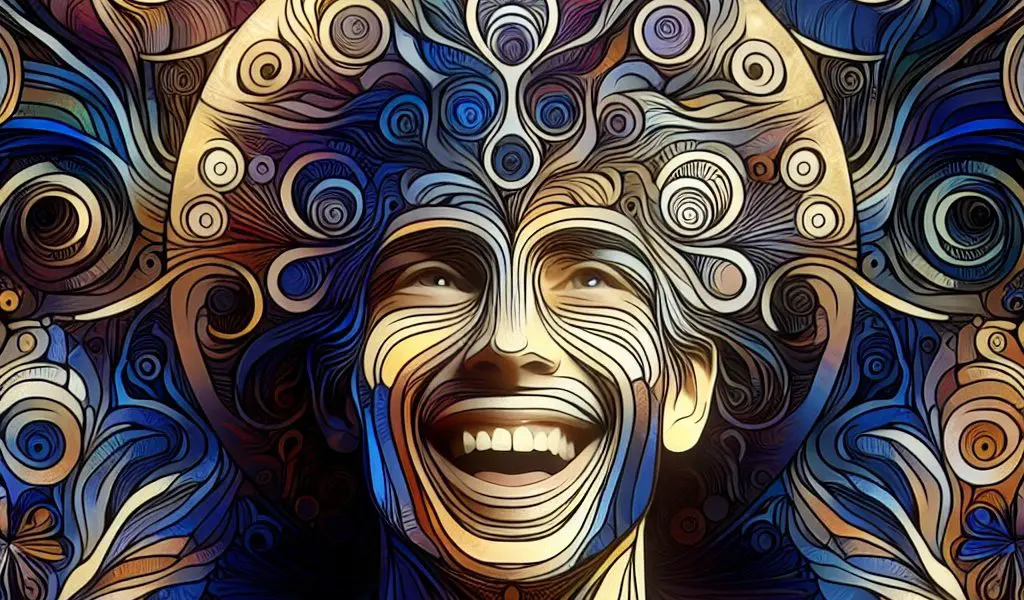

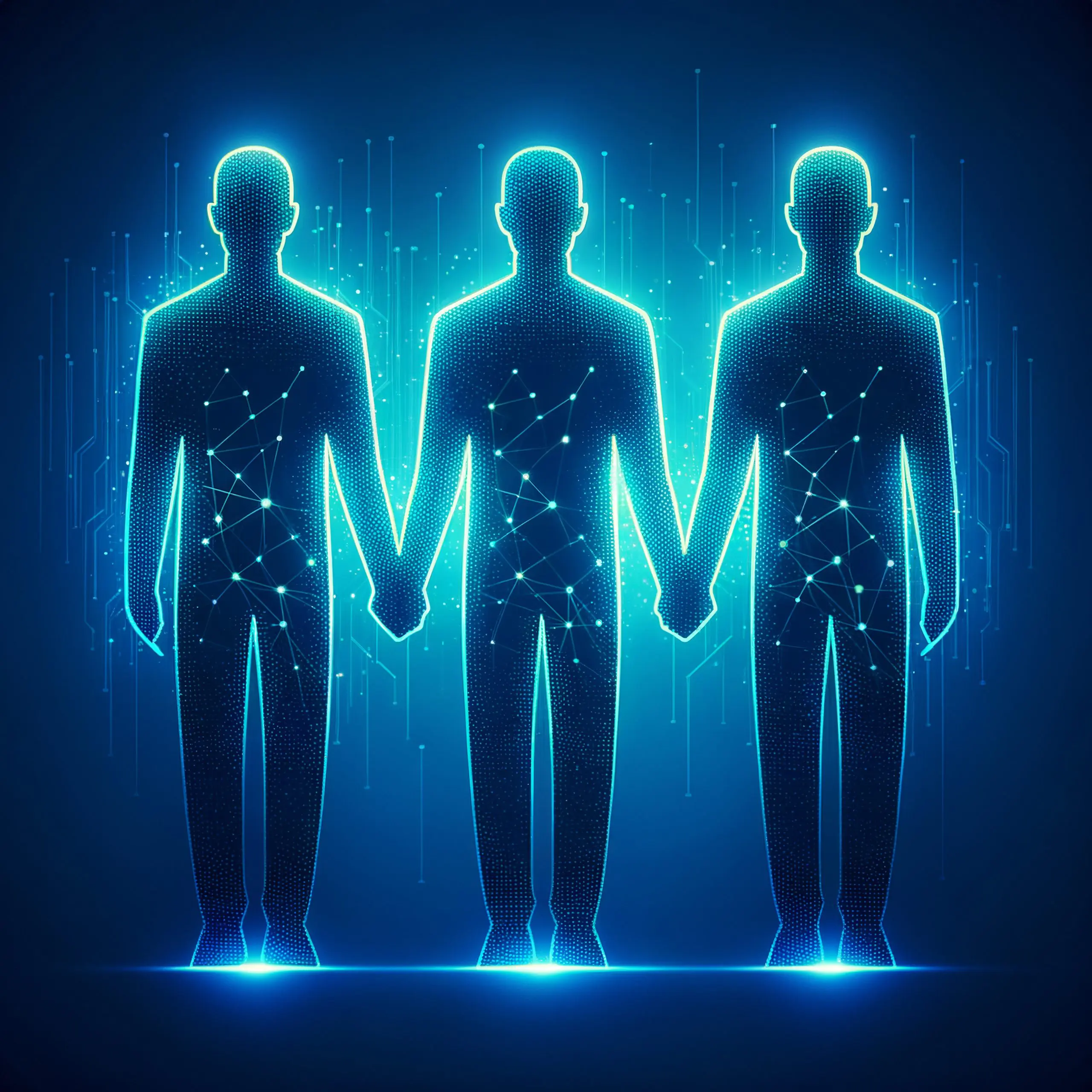






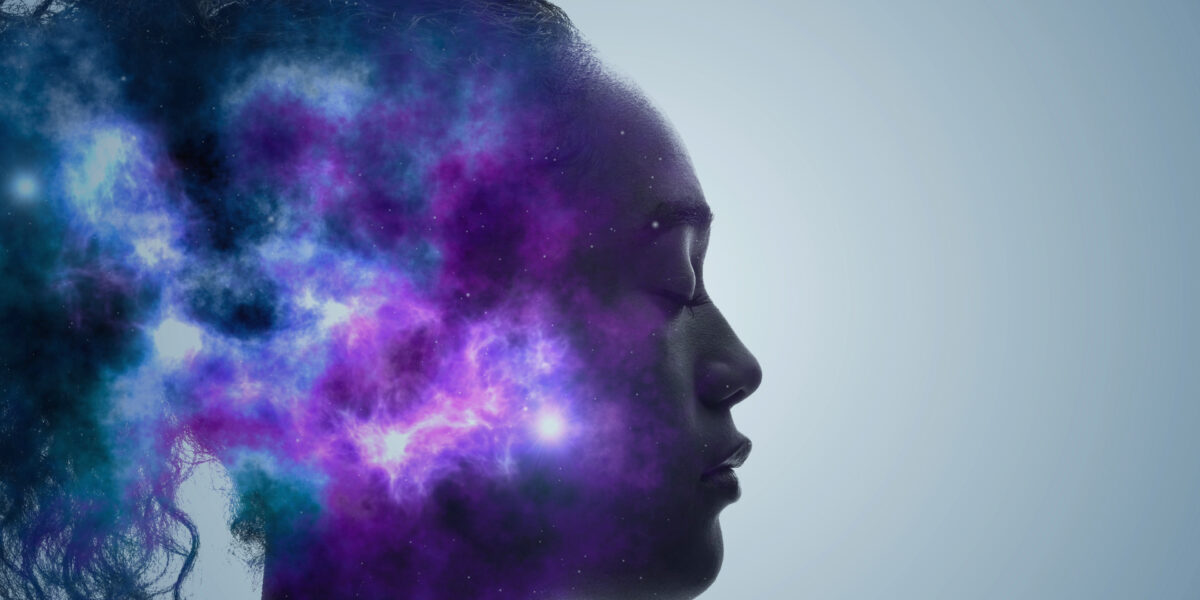








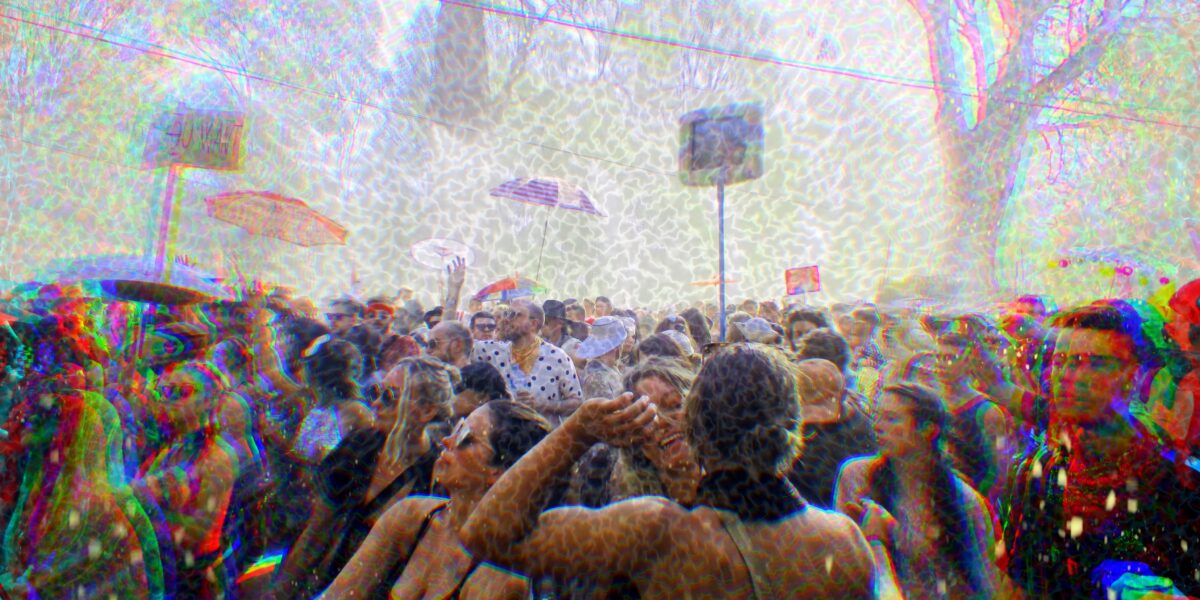



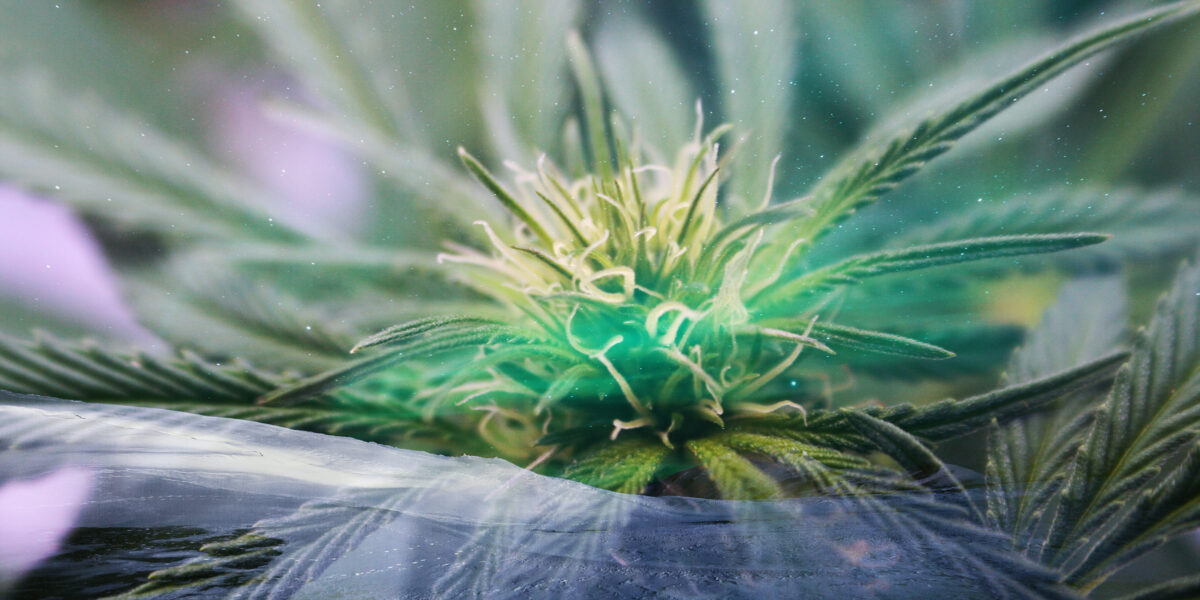
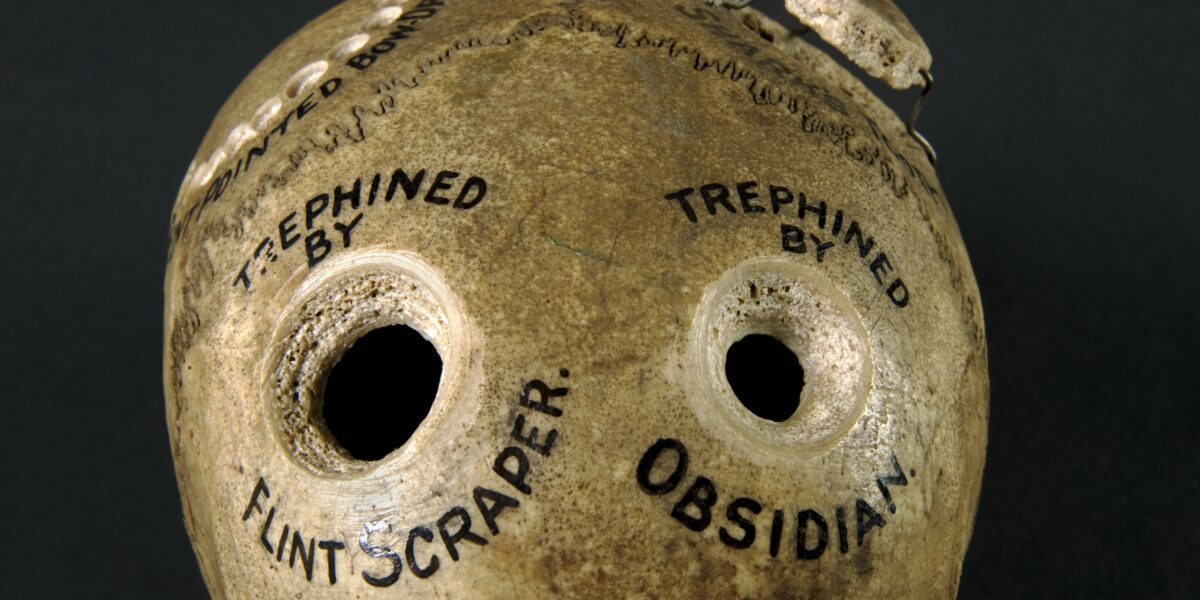

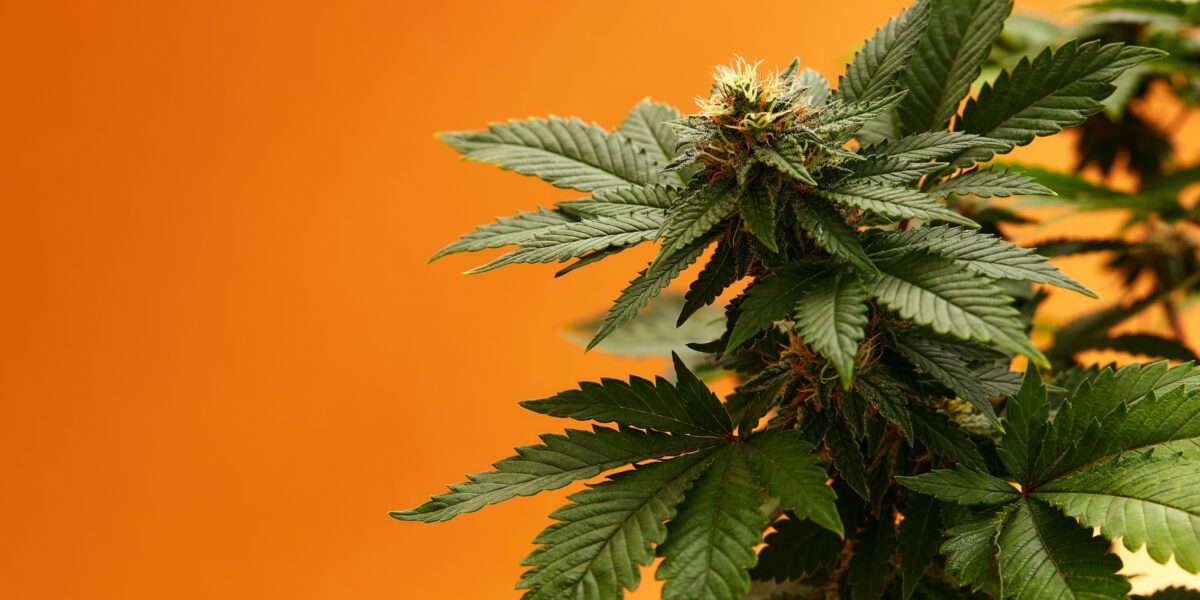




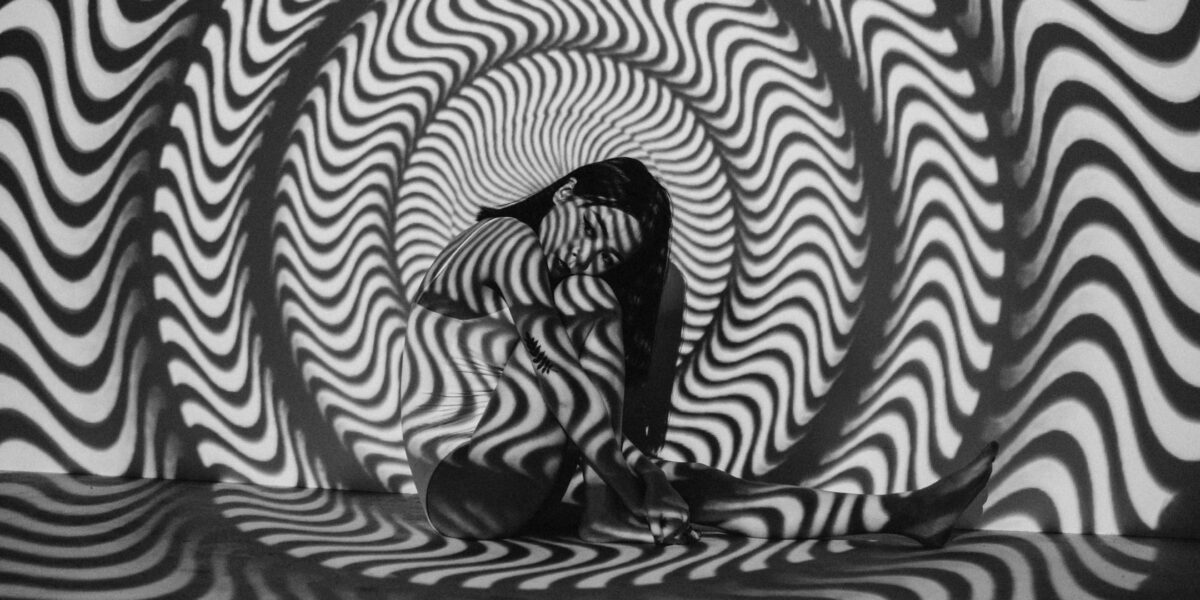

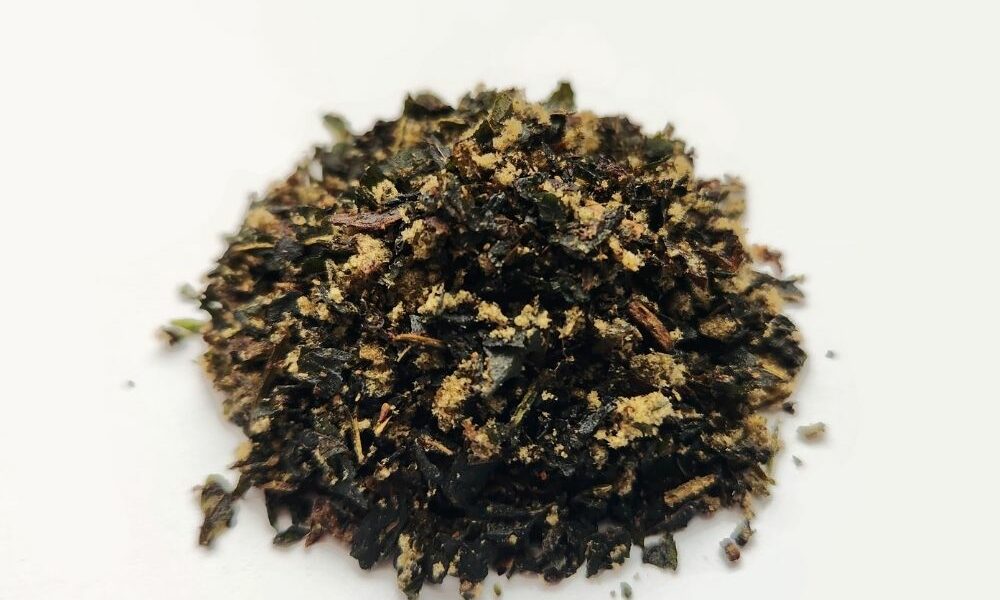

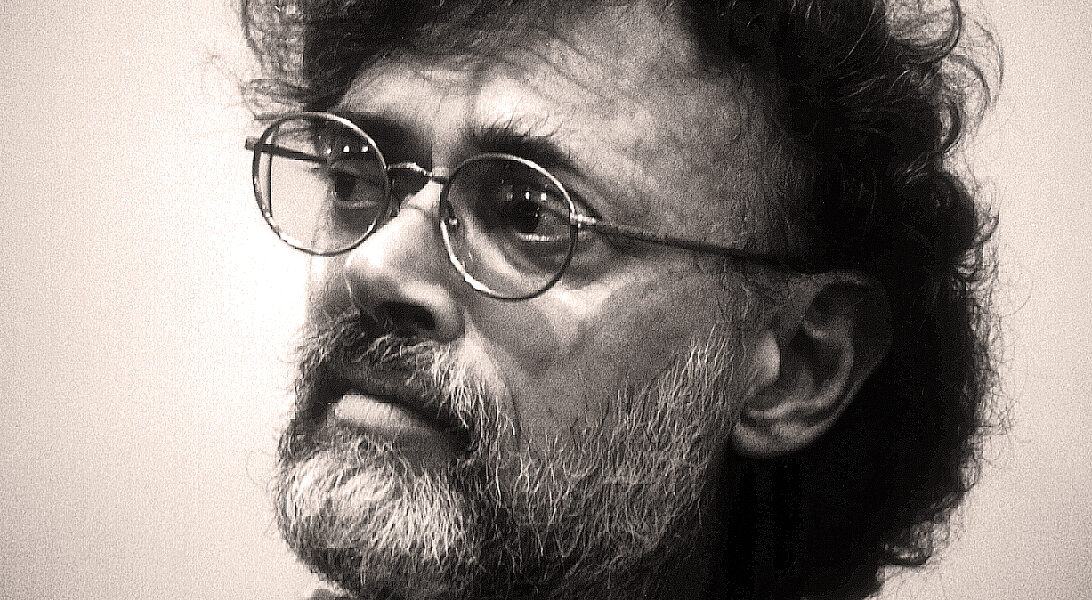
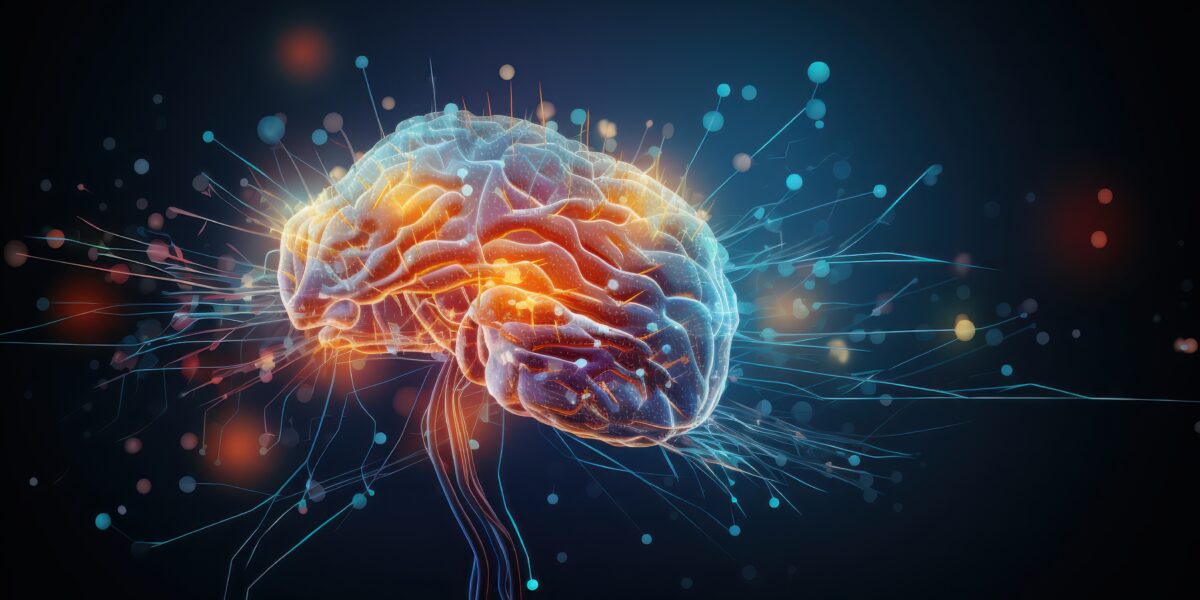

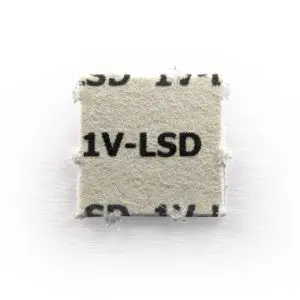
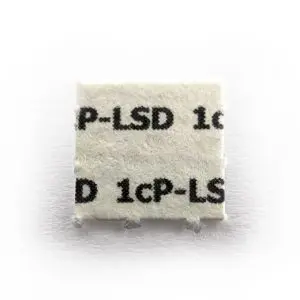



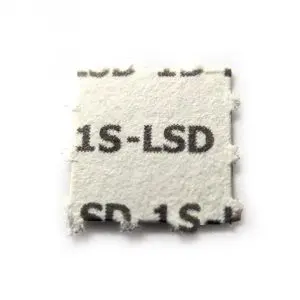




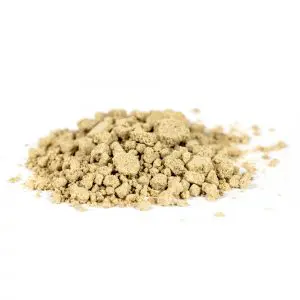

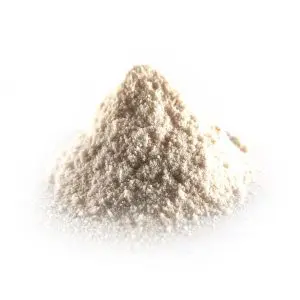





share your toughts
Join the Conversation.